
Your Kidneys are the Defenders of Your Health. Protect Them at All Costs
It’s only natural to focus first on cardiovascular and neurological wellness when contemplating your overall well-being. How often, though, do you consider the importance of protecting your kidneys?
Your kidneys are fist-sized organs located at the bottom of your rib cage, on both sides of your spine. It’s easy to take the bean shaped organs for granted because there aren’t any outward symptoms of illness until chronic kidney disease has already caused irreparable function loss. Maintaining kidney health is important to your overall health and general well-being.
Given that an estimated 2 million people worldwide suffer from kidney failure, and the number of patients diagnosed with the disease continues to rise at a rate of 5-7% per year, and that 37 million Americans alone have the disease, with another million at risk, it’s critical to think about your kidneys while you still have the chance to protect them.
Sirwiss has partnered with health professionals who has the knowledge and advise for you how to take care of the very important kidneys. As you continue to read, you will discover helpful advice that you may use.
What are Kidneys?
The kidneys, which resemble beans, are responsible for cleansing the body’s blood. The kidneys function in the urinary system. Each day, your kidneys filter roughly 200 gallons of fluid, enough to fill a standard-sized tub. Urine is the waste product that is expelled from the body by the kidneys (pee). Most people urinate roughly two quarts each day. Your body recycles the remaining 198 gallons of fluid every day. The kidneys are responsible for regulating the concentration of water and electrolytes in the blood. Electrolytes, like as sodium and potassium, are fundamentally important minerals.
How Big Is a Kidney?
Each kidney is about 4 or 5 inches long, around the size of a fist.
What Color are The Kidneys?
Your kidneys are a reddish-brown color.
What Do the Kidneys Do?
The kidneys play numerous vital roles in your body. The blood is purified of all the harmful substances. Urea (a byproduct of nitrogen metabolism), creatine (a breakdown product of muscular tissue), and acids are all examples of common waste products. They aid in the process of flushing the body clean of harmful toxins. The kidneys are responsible for filtering around a half a cup of blood per minute.
Throughout the process:
1. Blood enters your kidneys via the renal artery, a major blood vessel.
2. Your kidney’s tiny blood veins filter the blood.
3. The filtered blood returns to your bloodstream via the renal vein, a major blood vessel.
4. Urine flows to your bladder via muscle tubes known as ureters.
5. Your bladder holds pee until you urinate to release it (peeing).
In addition, the kidneys:
1. Maintain your blood’s acid-base equilibrium (pH balance).
2. If your blood sugar is low, produce sugar (glucose).
3. Produce renin, a protein that raises blood pressure.
4. Calcitriol and erythropoietin are produced. Calcitriol is a kind of vitamin D that aids in the absorption of calcium in the body. Erythropoietin aids in the production of red blood cells in the body.
Each kidney has an adrenal gland on top of it. It generates chemicals such as cortisol, which aids your body’s response to stress.
Kidney Disease Classifications
The kidneys are responsible for a number of crucial bodily processes. They’re vulnerable to a wide range of illnesses. including:
1. Chronic Kidney Disease
Chronic kidney disease is by far the most frequent ailment affecting the kidneys. High blood pressure is a leading contributor to chronic renal (kidney) disease. Throughout the day, your kidneys filter the blood that flows through them. Around half a cup of blood is processed per minute, with toxins, wastes, and excess water being removed.
Since it puts extra strain on the kidneys’ glomeruli, or functional units, high blood pressure is detrimental to kidney health. Your kidneys’ ability to filter waste is impaired over time as a result of this constant, intense pressure.
A person’s need for dialysis arises when kidney failure has rendered the organ incapable of performing its essential functions. Dialysis removes excess fluid and toxins from your blood. In some cases, dialysis, and especially peritoneal dialysis, can provide lifelong relief from kidney failure. Those on dialysis tend to live for 5-10 years longer than the general population, but many have reached their 20s and 30s.
A kidney transplant may be necessary in the future, depending on your condition. Another key contributor to chronic kidney disease is diabetes. Long-term damage to the kidney’s functional units due to uncontrolled blood sugar levels might also result in renal failure.
2. Kidney Stones
Kidney stones are another prevalent renal disease. Stones are solid particles, or crystals, formed in the kidneys from minerals and other elements in the blood that are normally excreted in urine. Kidney stone passage is usually quite painful but not life-threatening. Although kidney stones pose a low risk of developing chronic kidney disease, they are a leading cause of AKI (also known as acute kidney failure) when they occur in conjunction with other conditions like dehydration or infection.
3. Glomerulonephritis
Inflammation of the glomeruli, the microscopic structures within your kidneys responsible for blood filtration, is known as glomerulonephritis. Infections, medications, congenital anomalies, and autoimmune illnesses are all potential triggers of glomerulonephritis. This ailment may improve on its own or with the help of immunosuppressive drugs.
4. Polycystic Kidney Disease
Although isolated kidney cysts are not usually harmful, polycystic kidney disease is a serious medical disorder that requires treatment. Kidney function is impaired by polycystic kidney disease, a genetic condition characterized by the development of many cysts, which are small, round sacs filled with fluid, both inside and on the surface of the kidneys.
5. Urinary Tract Infections
Urinary tract infections are bacterial infections of the urinary tract or any of its components. The bladder and urethra are the most commonly infected areas. They are typically curable and have few, if any, long-term repercussions. If not treated, these infections can spread to the kidneys and cause renal failure.
Ways to Keep Your Kidneys Healthy
The kidneys, albeit relatively small, play a significant role in the body. Kidney disease could be avoided with regular exercise and a healthy diet.
Diet and Kidney Disease
Depending on the severity of kidney impairment, dietary restrictions vary. People in the early stages of kidney disease, for instance, have distinct restrictions than those with kidney failure, also known as end-stage renal disease (ESRD). The majority of individuals with advanced kidney disease must adhere to a renal-friendly diet that helps in reducing blood waste. It assists in enhancing kidney function and preventing further injury.
Best Detox Drinks for the Kidneys
If your kidneys aren’t in good shape, they won’t be able to remove waste from your blood effectively, which will cause toxins to build up in your system and eventually cause kidney stones. That’s why it’s so important to flush your kidneys with detox beverages.
The following is a list of the most beneficial kidney detox beverages.
1. Beetroot Juice. The betaine found in beetroot is a highly beneficial phytochemical with antioxidant properties and an acidifying effect on urine. Ingestion of beetroot juice can aid in the removal of calcium phosphate and struvite from the kidneys. It improves kidney function and reduces the occurrence of kidney stones.
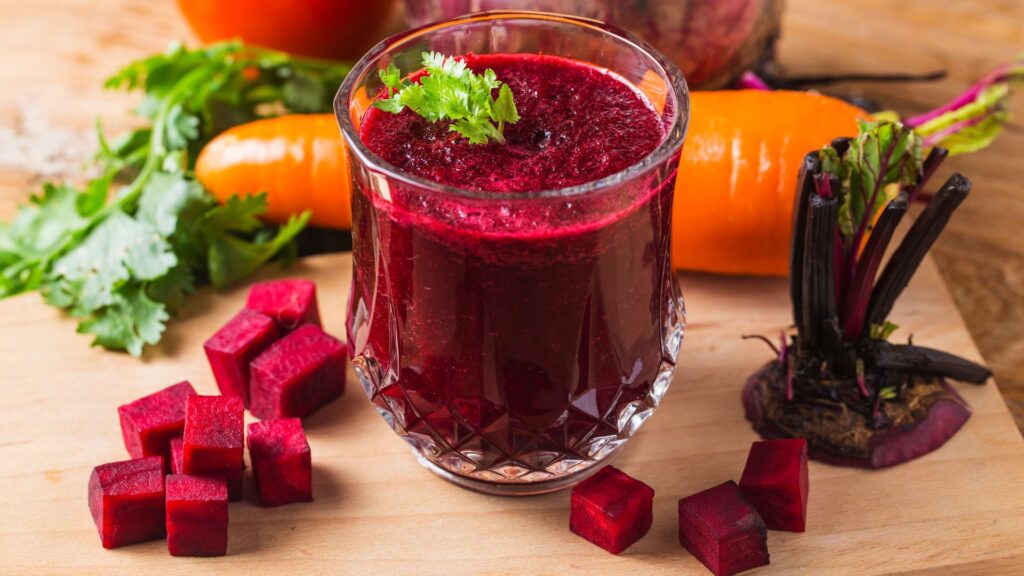
2. Cranberry Juice. Cranberry juice is incredibly beneficial for urinary tract infections (UTI). Cranberry juice is also beneficial for ridding the kidneys of excess calcium oxalate, which contributes to the formation of kidney stones. To detoxify your kidney, you can drink homemade cranberry juice.

3. Lemon Juice. Lemon juice is a naturally acidic product and has been demonstrated to increase citrate levels in urine. This reduces the risk of kidney stone formation. As a rapid detox beverage, you can consume a glass of freshly squeezed lemon juice daily.
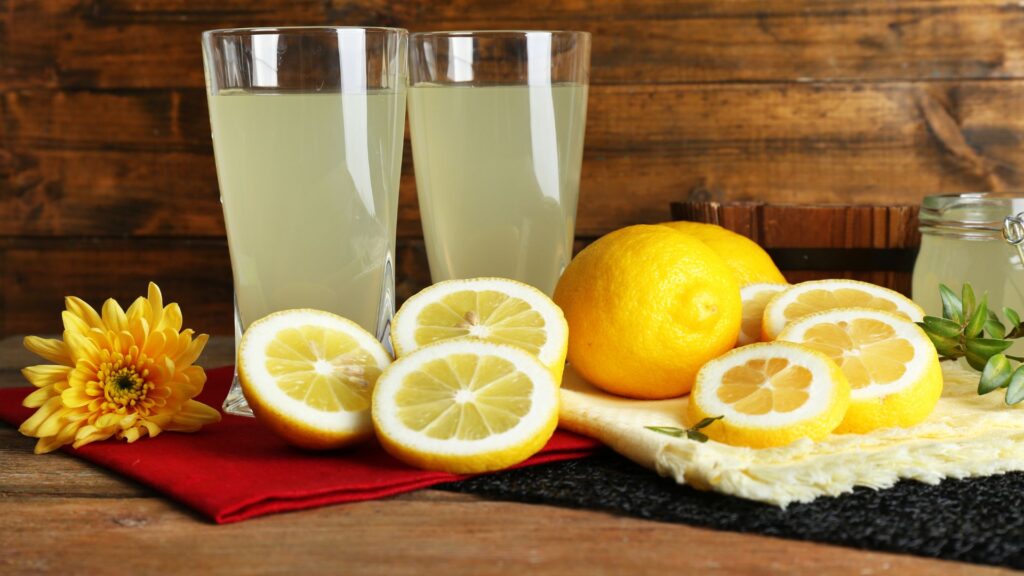
4. Apple Cider Vinegar Drink. Apple cider vinegar promotes overall health and detoxifies the body, particularly the kidneys. Apple cider vinegar’s citric acid, acetic acid, and phosphorous acid help in dissolving and preventing the formation of kidney stones.
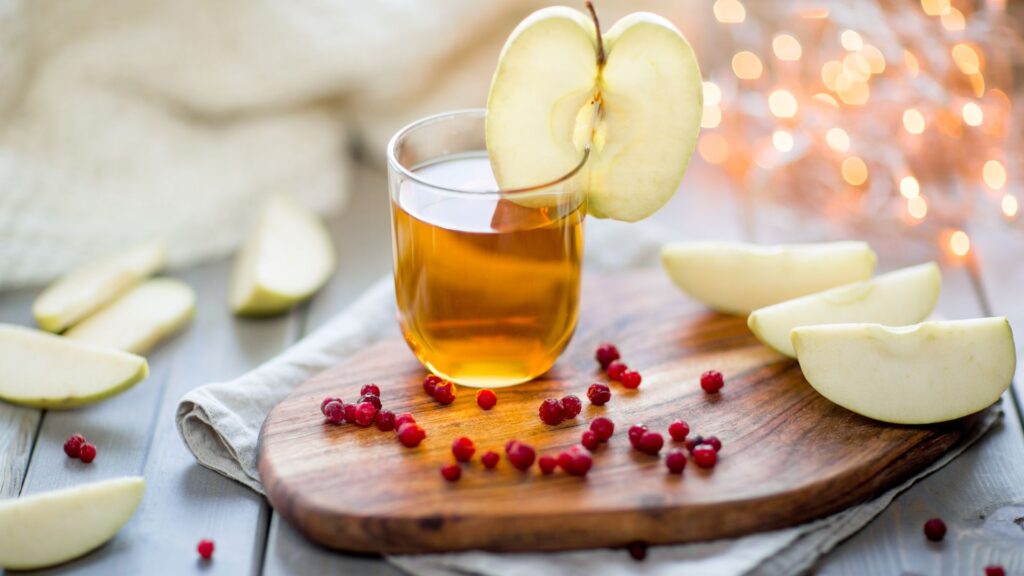
5. Berry Smoothie. Berries such as blueberries, raspberries, blackberries, and cranberries are abundant in vitamins, minerals, antioxidants, and flavonoids. These antioxidants protect the body from free radicals and so help to avoid kidney disease.
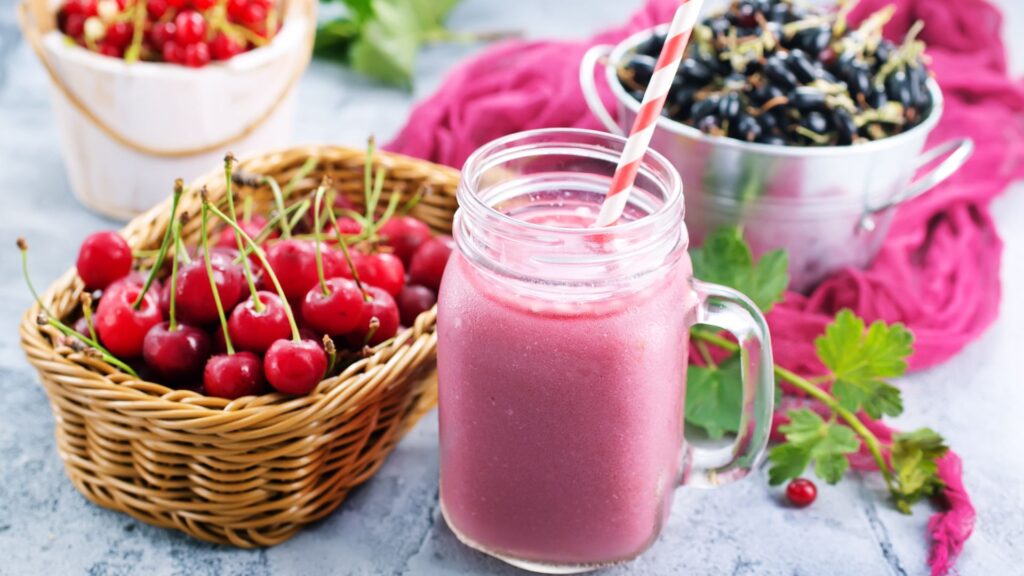
6. Carrot Juice. Carrots are loaded with carotene, which helps battle cancer and rids the kidneys of toxins and heavy metals. Carrots’ dietary fiber binds to toxins and eliminates them from the body.

7. Coconut Water. Coconut water is a naturally reviving beverage that is beneficial to the kidneys. It contains less sugar, less acid, zero calories, and a high concentration of electrolytes, all of which are beneficial to the kidneys. Coconut water can be used to effectively hydrate the body.
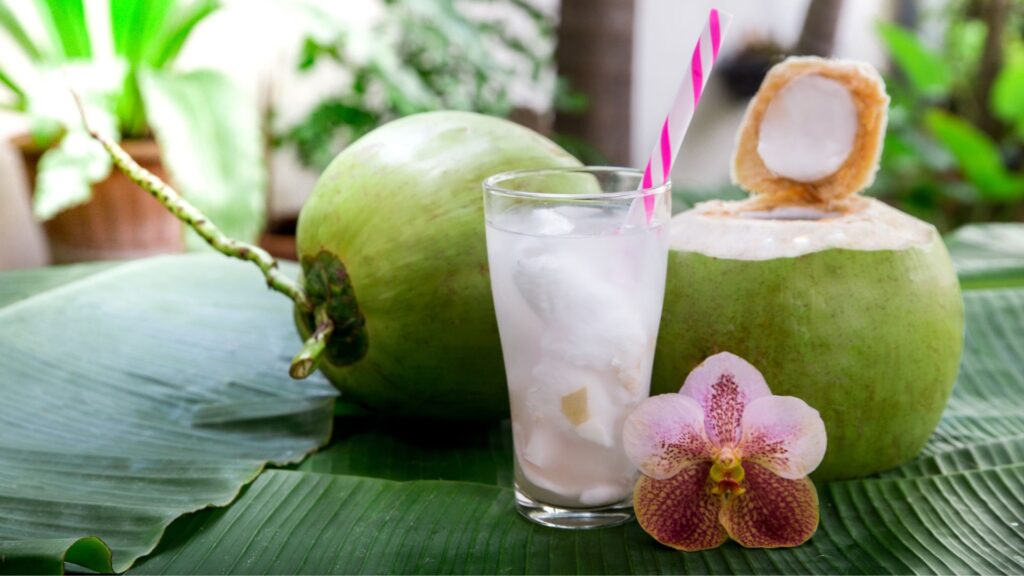
Your kidneys are essential to your health. Taking care of your kidneys should therefore be a top priority. The best thing you can do to ensure that your kidneys remain healthy is to lead an active, health-conscious lifestyle.